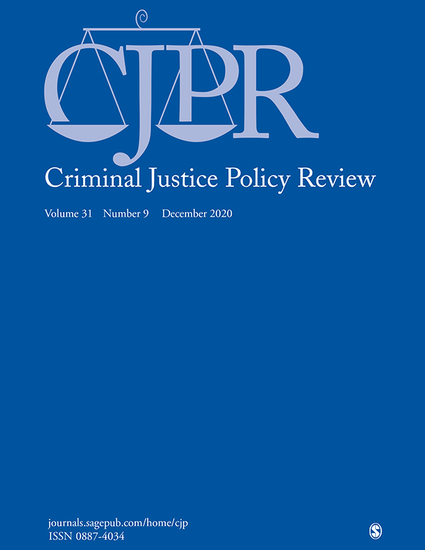
Contingent valuation (CV) methods are used in many contexts to estimate non-tangible costs, despite some indications that they may not be reliable. In criminal justice, CV has been used to generate “costs of crime” for street, violent, and white-collar crimes. This article explores respondent fatigue using both quantitative and qualitative indicators from an open-ended CV survey where respondents were asked how much they would be willing to pay to reduce certain crimes. Our findings reveal that willingness to pay (WTP) to reduce crime increases when both problematic response patterns and fatigue effects are accounted for in the calculation, indicating that fatigued respondents who also engage in straight lining are driving the WTP estimates down. We conclude by discussing the implications of our results for policymakers and other consumers of CV studies.
Available at: http://works.bepress.com/jacqueline-lee/15/
